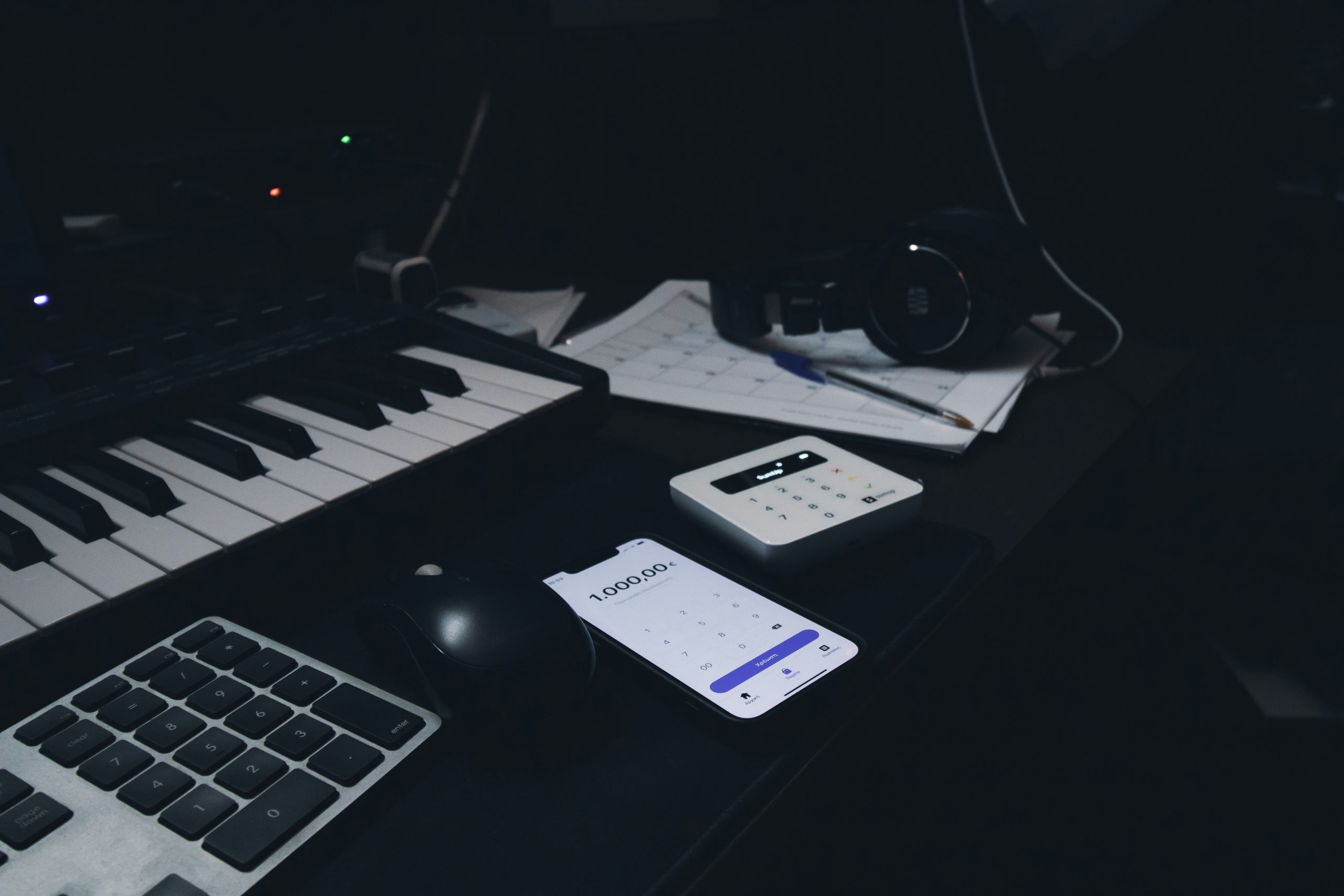Nigeria’s music scene is thriving. From Burna Boy’s global tours to Rema’s viral hits, Afrobeats has become an unstoppable force. But behind the glamour, several artists are revealing the harsh reality: the very labels that promise stardom often leave them underpaid and creatively stifled.
Emerging stars frequently sign contracts that seem lucrative at first but later reveal exploitative terms. Rema, for instance, faced public scrutiny over disputes regarding royalties early in his career, prompting fans to question whether young talents are truly benefiting from their music’s success. Similarly, Nigerian singer Joeboy has hinted in interviews about the challenges of navigating label expectations while trying to maintain creative independence.

Exploitative Contracts and the Power Imbalance
Record labels often justify restrictive contracts by citing investment in production, marketing, and promotion. However, critics argue that these agreements disproportionately favor labels, leaving artists with minimal revenue from streams, performances, and endorsements.
An insider explained, “Many young talents think they’re getting a big break, but a few months in, they realize they are essentially producing revenue for someone else. Ownership of their music is often out of reach, and financial transparency is nearly nonexistent.”
Nigerian singer Teni has also publicly addressed the struggles of dealing with industry pressures and maintaining control over her artistry. Her candidness has sparked wider conversations about systemic issues in the music business, including the lack of education around contracts and intellectual property rights.
Social Media Battles Turn Public
In the past decade, social media has become a powerful platform for artists to voice grievances. Tiwa Savage’s early disputes with her former label, Mavin Records, over royalty claims and creative freedom fueled a nationwide debate about the treatment of female artists. Likewise, emerging rapper Ladipoe has taken to Twitter to discuss the challenges of balancing label expectations with artistic integrity.
These public confrontations highlight the growing tension between creative freedom and corporate control. Fans often side with the artist, creating pressure on labels to adopt fairer practices—but the systemic issues persist.
Independent Routes Offer a Solution
The rise of independent artists is challenging traditional label dominance. Omah Lay, for example, has leveraged streaming platforms and social media to retain ownership of his music while building a global fanbase. Similarly, Bella Shmurda has experimented with collaborations and digital distribution to bypass some of the constraints of conventional record deals.
Analysts argue that educating artists about contracts, royalties, and intellectual property is critical to creating a more equitable industry. Without these tools, young talents will continue to risk being exploited, no matter how big their fame grows.
The Future of Afrobeats
As Nigerian music dominates global charts, the stakes for fairness and transparency have never been higher. Will labels evolve to respect artist rights, or will young talents keep fighting for ownership and recognition that should have been theirs from the start? One thing is certain: Afrobeats’ rise comes with a hidden struggle that the world is finally beginning to notice.

















